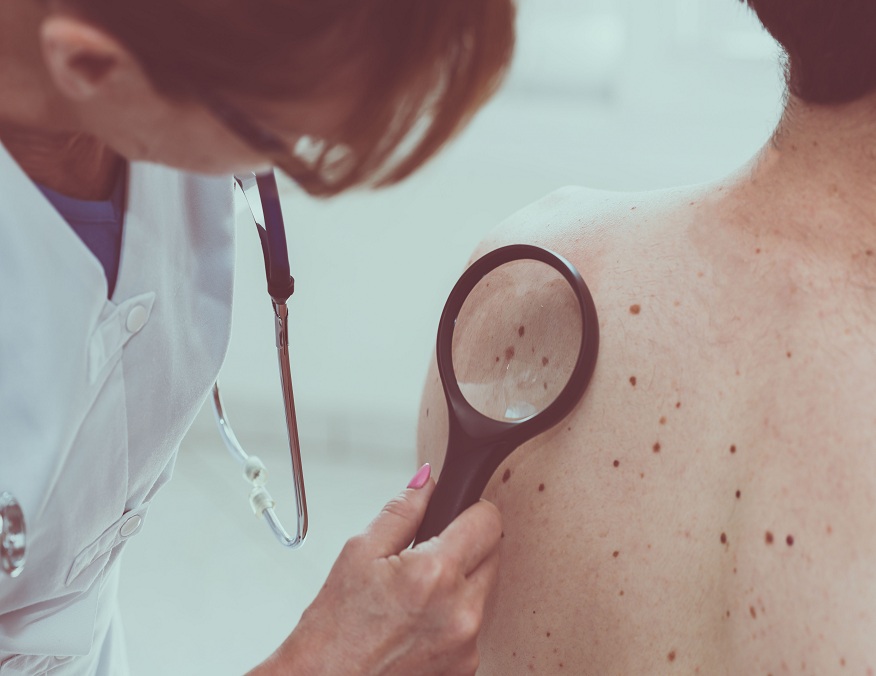Michael Rains M.D., FAAD is a board-certified dermatologist who specializes in the prevention and treatment of skin cancer. With over 20 years of experience, Dr. Rains has helped countless patients achieve healthy skin and prevent skin cancer through regular screenings and education.
Understanding Skin Cancer
It is the most common form of cancer in the United States, with over 5 million cases diagnosed each year. While all three types can be deadly if left untreated, melanoma is the most dangerous form of skin cancer and can spread to other parts of the body.
The Importance of Prevention
Preventing skin cancer is crucial for maintaining healthy skin and avoiding potentially deadly consequences. Dermatologists play a vital role in skin cancer prevention by educating their patients on the importance of protecting their skin from the sun and conducting regular skin cancer screenings. One of the most effective ways to prevent skin cancer is by protecting your skin from the sun’s harmful UV rays. This can be done by wearing protective clothing, such as long-sleeved shirts and wide-brimmed hats, and using sunscreen with a minimum SPF of 30. Dermatologists can recommend the best sunscreen for your skin type and provide guidance on how to properly apply it. Another important aspect of skin cancer prevention is regular skin cancer screenings. Dermatologists are trained to identify the early signs of skin cancer and can detect it before it becomes a more serious issue. During a skin cancer screening, your dermatologist will examine your skin for any suspicious moles or growths and advise you on the best course of action.
The Role of Dermatologists in Skin Cancer Detection
Dermatologists are experts in identifying the early signs of skin cancer and can provide prompt treatment to prevent it from spreading. If skin cancer is detected early, it can often be treated with simple procedures such as excision or freezing. If skin cancer is left untreated, it can spread to other parts of the body and become much more difficult to treat. This is why it is essential to see a dermatologist if you notice any changes to your skin, such as new moles, growths, or changes in color or texture.
Conclusion
Dermatologists play a critical role in skin cancer prevention and detection. By educating their patients on the importance of protecting their skin from the sun and conducting regular skin cancer screenings, dermatologists can help prevent skin cancer from developing and detect it early if it does occur. If you have concerns about your skin or would like to schedule a skin cancer screening, contact a board-certified dermatologist like Michael Rains M.D., FAAD today.



